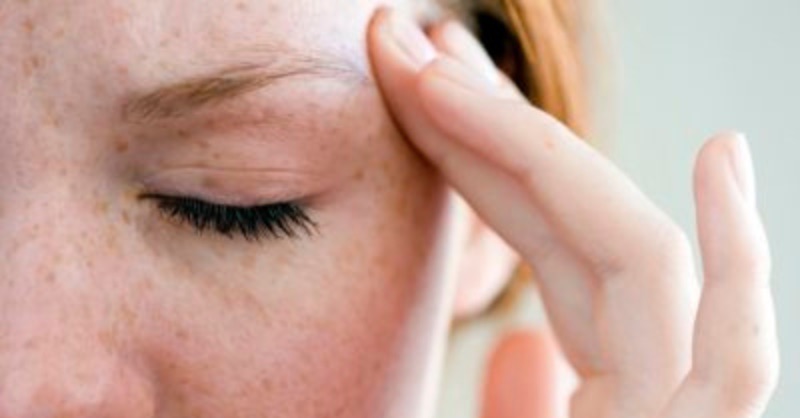
New Daily Persistent Headache
February 21, 2023
Knowing the Signs And Symptoms of a Concussion
April 28, 2023Williamstown Health + Lifestyle Osteopaths Cliff and Peter discuss the signs and symptoms of tension headache and their treatment and prevention.
Headaches are a common ailment that affects many people. One of the most common types we see in the clinic is tension headaches. It’s estimated that 50 – 75% of adults will experience a tension headache at some point in their life. In this blog, we will discuss tension headaches, their causes, symptoms, and treatments. Additionally, it will also provide tips on how to prevent tension headaches.
What are Tension Headaches?
Muscle tension in the head and neck causes tension headaches, which are the most prevalent form of headache. People often describe them as a dull, achy pain that tightens like a band around the head. Additionally, tension headaches can occur occasionally or regularly, either as episodic or chronic headaches. Recent research suggests that misbehaviour in the upper neck may lead to brainstem sensitivity, potentially associated with tension headaches.
Symptoms of Tension Headaches
The symptoms of tension headaches can vary from person to person, but they typically include:
- Dull, achy pain in the head and neck area.
- Tightness or pressure around the head.
- Sensitivity to light or sound.
- Tenderness in the scalp, neck, and shoulder muscles.
- Difficulty sleeping.
Causes of Tension Headaches
The exact cause of tension headaches is not known, but there are several factors that can trigger or contribute to them. These include:
- Stress: One of the most common triggers for tension headaches is stress. When we experience stress, our muscles tense up, including those in the head and neck, which can lead to a tension headache.
- There is a growing amount of evidence to suggest upper neck dysfunction can lead to increased brainstem sensitivity, which, much like migraine, may also trigger tension headaches.
- Poor posture: Poor posture can also cause tension headaches, as it can lead to muscle tension in the neck and shoulders.
- Eye strain: Spending too much time in front of a computer or phone screen can cause eye strain, which can lead to tension headaches.
- Dehydration: Not drinking enough water can cause dehydration, which can also lead to tension headaches.
- Lack of sleep: Not getting enough sleep can cause muscle tension and lead to tension headaches.
Treatment for Tension Headaches
The most common treatments for tension headaches are the use of over-the-counter pain relievers, massage of the neck and shoulders, heat or cold application and exercise.
Due to the individualised and multifactorial nature of tension headaches, there is no one sized fits all approach. At The Melbourne Headache and Migraine Group, we work with you to explore the causes of your tension headache and create an achievable plan to help you on the pathway to overcoming your headaches and improving your well-being.
Our hands-on treatment is based on the evidence-supported Watson Headache Approach. To learn more, visit our ‘process‘ page.



